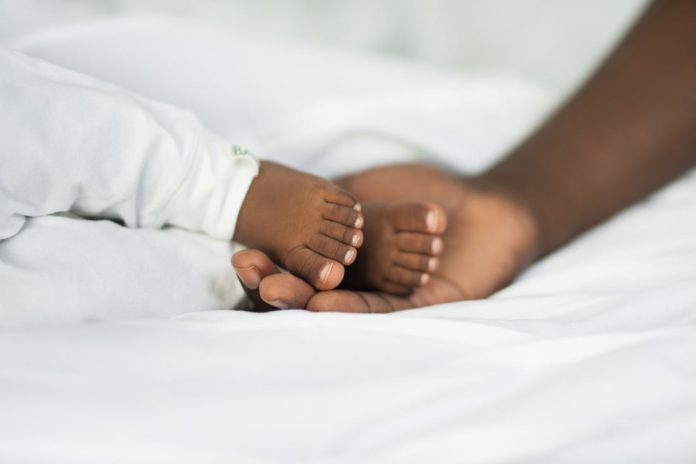
Newborn black babies are three times more likely than white babies to die in the hospital when their doctors are white, a study published in PNAS on Monday found.
When the infants were looked after by Black doctors, though, their mortality rate decreased between 39% and 58%.
The doctors’ race didn’t affect white newborns’ survival.
The findings put lens on how implicit biases and structural inequalities can turn up in painful ways.
“Strikingly, these effects appear to manifest more strongly in more complicated cases, and when hospitals deliver more Black newborns,” the authors wrote. “The findings suggest that Black physicians outperform their White colleagues when caring for Black newborns.”
Study co-author Brad Greenwood told USA Today several “disturbing” factors are likely at play.
“I don’t think any of us would suggest as co-authors that these results are manifesting as a result of malicious bias on the part of physicians,” Greenwood said. “I also think that underscores how insidious something like this is. Children are dying as a result of just structural problems.”
The results were strongest for complicated births and those in hospitals that delivered more Black babies
To conduct the study, researchers from several institutions, including George Mason University, the University of Minnesota, and Harvard Business School looked at 1.8 million hospital births in Florida between 1992 and 2015.
The researchers wanted to see how patient-physician “concordance,” in this case a shared racial identity, affected racial disparities in maternal and child health, which are known to be stark.
Past work has suggested that concordance for underrepresented minorities can ease biases and build trust and communication, leading to better health outcomes.
The study found that’s the case in newborn outcomes, too, with Black babies more likely to survive when their providers were Black.
Sabia Wade, known as “the Black Doula,” told Insider she’s not surprised by the results.
Having a provider who “understands Black culture without bias is the exact conversation the Black community has been having for years, and it’s completely connected to the disproportionate Black infant mortality rate,” she said. “Representation matters, and this new study proves just that.”
Implicit bias, racism, and a culture that doesn’t encourage Black women to speak up factor into the findings
Infant mortality rates declined in the US between 2000 and 2017, but Black newborns were still more than twice as likely to die than White newborns, according to a CDC report.
While the current study didn’t find providers’ race influenced the mothers’ mortality rate, racial disparities exist for them, too.
In the US, Black women are three to four times more likely to die in pregnancy, childbirth, or immediately postpartum than white women. In the UK, black women’s maternal mortality rates are five times higher than white women.
Doctors, public-health professionals, and celebrities like Beyonce and Serena Williams have pointed to a variety of factors that could help explain the outcomes, including socioeconomic status, access to prenatal treatment, racial bias in the medical system, medical complications during pregnancy like pre-eclampsia, and a culture that doesn’t encourage black women to speak up about their health concerns.
Implicit bias and anti-Black racism are key factors too, Sayida Peprah, a psychologist and doula, told Insider.
In a crowded NICU, physicians may have “an unconscious (or conscious) preference, interest, and/or emotional investment to attend more closely to certain babies, the babies that look like babies in one’s own family or the dominant group,” she said.
That bias may also play out when a Black mother is dismissed when she raises a concern, a Black father is dissuaded from asking questions because the healthcare providers perceive him as hostile, or a clinician puts less effort into caring for a Black infant due to “unconscious influences around the lack of value of their lives,” Peprah said.
The researchers say their study “gives warrant” for hospitals to lead efforts that reduce such biases and raise awareness among healthcare workers of racial and ethnic disparities.
Wade believes change also needs to happen in medical schools, where few physicians are trained in how bias affects the outcomes of Black people. She’d also like to see a system that monitors how individual providers’ biases may be affecting marginalized communities.
“How can we make change without accountability?” she asked.
Source: INSIDER















